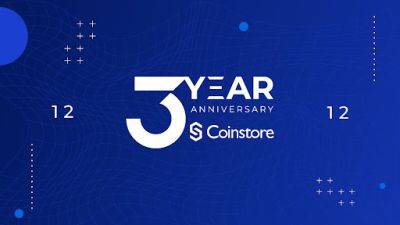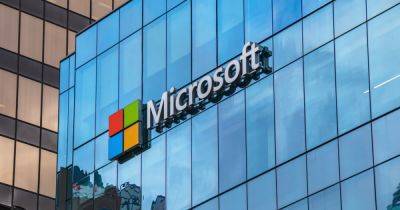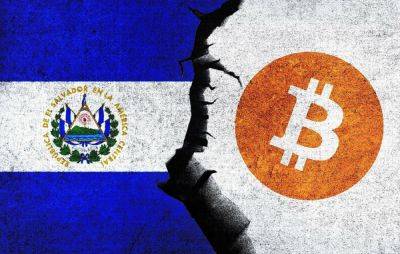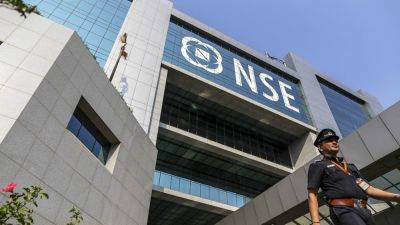Bank of America: CBDC Adoption Grows Globally, but Digital Dollar Not Imminent
The United States is working on a digital dollar but is unlikely to actually launch one anytime soon, according to Bank of America.
In a Monday report, analysts led by Alkesh Shah said that central banks for 67% of countries are exploring central bank digital currencies (CBDCs), which represent 98% of global gross-domestic product. Among them, 33% are already in advanced development stages.
“The Federal Reserve (Fed) continues to pilot CBDCs but has not committed to a CBDC and will not issue one without executive branch and Congressional support,” wrote the analysts.
CBDCs are digital currencies issued directly by a country’s central bank using a centralized ledger, operating as tokenized versions of its existing fiat currency.
As with crypto at large, American political support for CBDCs has fallen down partisan lines – but in reverse. While Democrats have defended them for their potential to bolster the global supremacy of the U.S. dollar, both House and Senate Republicans remain hostile, deeming them a tool of the “surveillance state.”
The Federal Reserve’s commentary on CBDCs thus far has been fairly neutral. Vice-chair for Supervision Michael Barr said last month that the central bank was in talks with experts on how to build the best infrastructure for a sovereign-backed digital dollar, but that no decision on whether to issue one had been made.
Bank of America said that the benefits and risks of CBDCs depend on their design and issuance. Potential benefits include more efficient cross-border and domestic payments, financial inclusion, and better implementation of monetary policy.
“They may also drive competition with bank deposits, more frequent bank runs, loss of monetary sovereignty, and tensions among countries
Read more on cryptonews.com






















